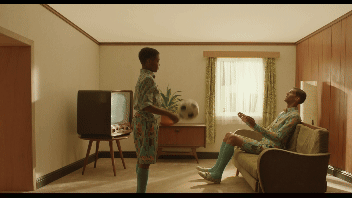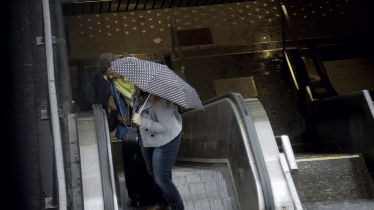Released in June 2013 as the second single from Racine Carrée, Papaoutai quickly became one of Stromae’s most iconic tracks and most viewed videos, amassing over 1 billion views to date. Directed by Raf Reyntjens, this visually striking video dives deep into the emotional pain of a child yearning for an absent father, captured in a distorted world that blurs the boundaries between reality and abstraction.
Sorti en juin 2013 comme deuxième single de Racine Carrée, Papaoutai est rapidement devenu l’un des titres les plus emblématiques de Stromae, cumulant plus d’un milliard de vues. Réalisé par Raf Reyntjens, ce clip visuellement marquant plonge dans la douleur émotionnelle d’un enfant en quête d’un père absent, dans un monde déformé brouillant les frontières entre réalité et abstraction.






















































